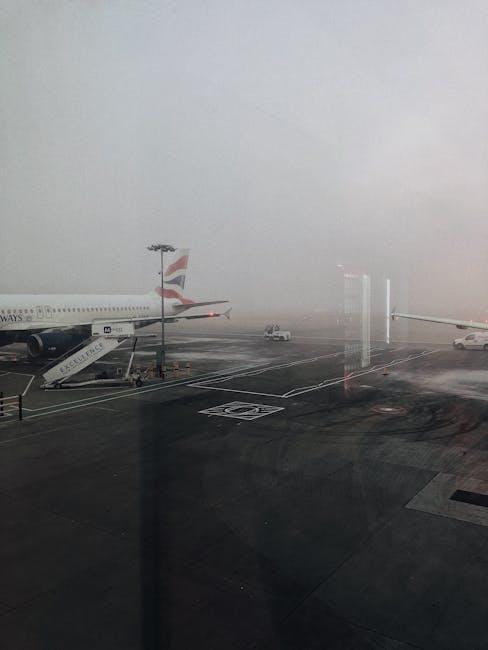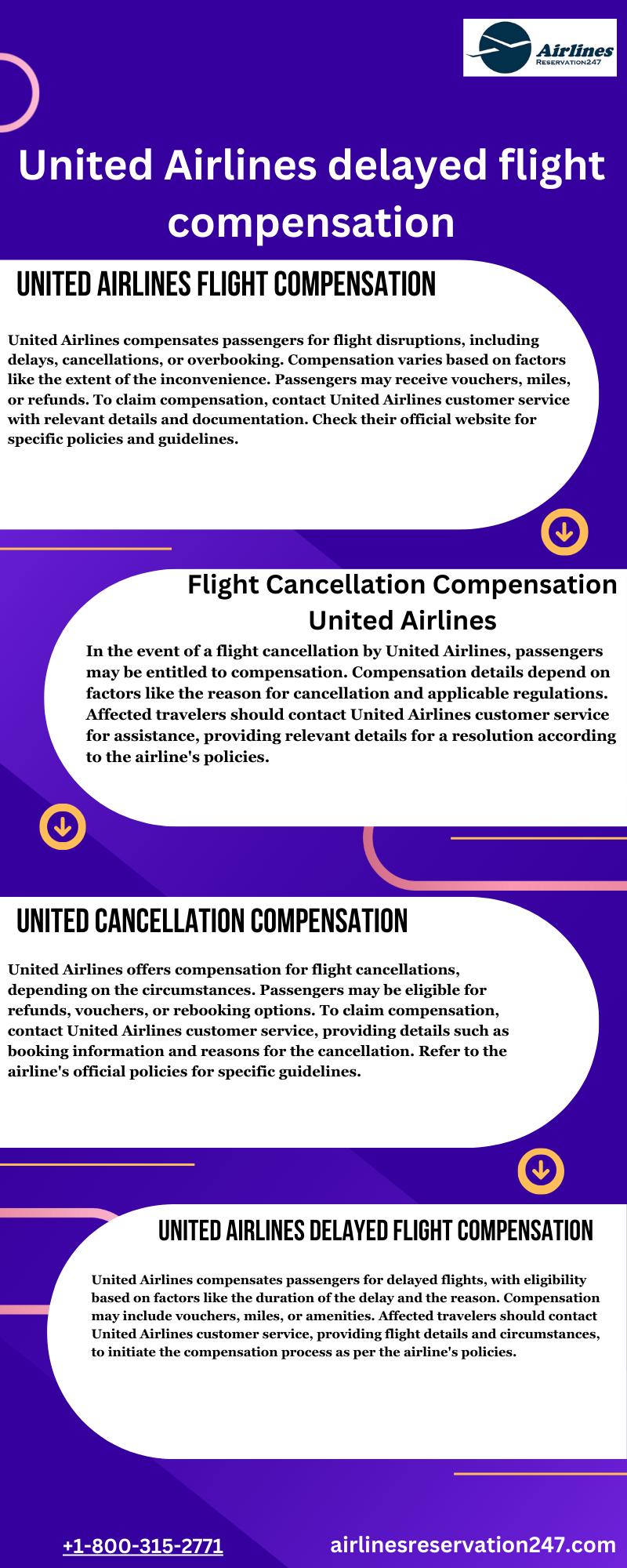When embarking on a journey, travelers often prioritize planning itineraries, booking accommodations, and securing transportation, yet one crucial element frequently overlooked is travel insurance. In an era where flight delays have become increasingly common due to various factors such as weather disruptions, technical malfunctions, and staffing shortages, understanding the coverage provided by travel insurance in such situations is paramount. This article aims to demystify the complexities of travel insurance policies, offering a clear and comprehensive guide on what travelers can expect when flights are delayed. By delving into the specifics of coverage options, reimbursement processes, and potential exclusions, readers will gain the confidence and knowledge needed to safeguard their travel plans against unforeseen disruptions.
Understanding Coverage: What Travel Insurance Offers for Flight Delays
When unexpected flight delays disrupt your travel plans, having the right travel insurance can make a significant difference. Most travel insurance policies include coverage for flight delays, which typically offers financial compensation and support for unforeseen circumstances. Here’s what you can generally expect:
- Reimbursement for Additional Expenses: Coverage often includes compensation for essential purchases like meals, accommodations, and transportation while you wait for your delayed flight.
- Compensation for Missed Connections: If a delay causes you to miss a connecting flight, your policy might cover the cost of alternative travel arrangements.
- Access to Travel Assistance Services: Many insurers provide 24/7 assistance, offering guidance and support to help rebook flights or find accommodations.
It’s crucial to understand the specific terms and conditions of your policy, as coverage limits and qualifying delays can vary. Ensure you keep all receipts and documentation of the delay to facilitate a smooth claims process.

Maximizing Benefits: How to Utilize Travel Insurance During Flight Interruptions
When faced with the unexpected turbulence of flight delays, your travel insurance can be a vital ally. To truly maximize its benefits, it’s essential to understand the range of coverages typically included and how to effectively utilize them. Here are some strategies to consider:
- Expense Reimbursement: Most travel insurance policies offer compensation for essential expenses incurred due to delays. This can include meals, accommodations, and transportation. Always keep receipts and document the delay for a smoother claims process.
- Trip Interruption Coverage: If a delay causes you to miss a significant portion of your trip, this coverage can reimburse you for unused, non-refundable trip costs. Check your policy to understand the specific terms and conditions.
- 24/7 Assistance Services: Many insurers provide a helpline for immediate assistance, offering support in rebooking flights or finding alternative accommodations. Make use of this service to navigate the chaos of delays more efficiently.
Pro Tip: Always review your policy before traveling to ensure you understand what is covered and what is not. This knowledge can empower you to make informed decisions during disruptions, ensuring you leverage your travel insurance to its fullest potential.

Essential Tips: Choosing the Right Travel Insurance for Delay Protection
When your travel plans face unexpected delays, having the right travel insurance can make all the difference. To ensure you’re covered, here are some key tips to consider:
- Understand the Coverage: Ensure that your policy explicitly covers flight delays. Look for terms like “trip delay” or “travel delay” coverage. This usually includes reimbursement for meals, accommodations, and other essential expenses incurred due to delays.
- Check the Delay Threshold: Most policies require a minimum delay period before coverage kicks in, typically ranging from 3 to 12 hours. Verify this threshold and assess whether it aligns with your travel plans and risk tolerance.
- Review the Claim Process: Familiarize yourself with the documentation needed for claims. Keep receipts and records of any additional expenses to streamline the process.
- Evaluate the Coverage Limit: Policies often have a maximum reimbursement limit. Ensure this limit is sufficient to cover potential expenses in your travel destination.
- Consider Exclusions: Be aware of exclusions such as delays caused by strikes, weather conditions, or airline operational issues. Choose a policy that offers the broadest coverage possible.
By taking these factors into account, you can select a travel insurance policy that offers peace of mind and financial protection against unexpected flight delays.

Navigating Claims: A Step-by-Step Guide to Filing for Flight Delay Compensation
Filing for flight delay compensation can seem daunting, but breaking it down into manageable steps can make the process smoother. Start by gathering all necessary documentation, such as your flight itinerary, boarding passes, and any relevant receipts. Next, contact your airline to inquire about their compensation policy for delays. Airlines often have specific forms or procedures, so ensure you follow their guidelines closely.
Once you’ve contacted the airline, consider reaching out to your travel insurance provider. Many policies cover costs associated with delays, such as accommodation and meal expenses. Be sure to provide them with all required documentation, including proof of the delay and any expenses incurred. Key steps include:
- Document everything: Keep records of all communications with the airline and your insurer.
- Know your rights: Familiarize yourself with relevant passenger rights regulations in your region.
- Stay persistent: Follow up regularly with both the airline and your insurer until the claim is resolved.
With thorough preparation and attention to detail, you’ll navigate the claims process with confidence and efficiency.

